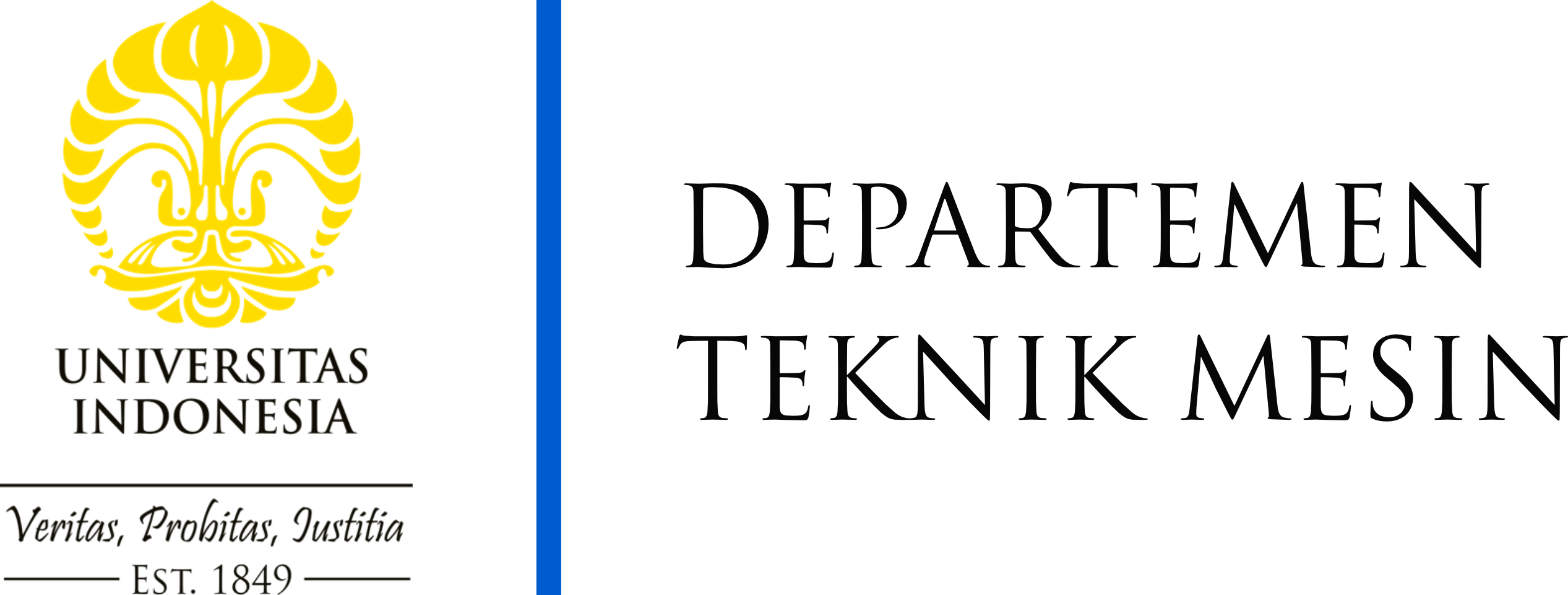The launch of the latest car from Nissan, the Nissan Livina, has been predicted by market observers. The new car, which happens to use the same production base as the Mitsubishi Xpander, is often called “Livinder” by most people, because the name is felt to be more suitable.
Why can car bases be used with each other despite different brands and do not rule out different construction possibilities?
This can happen thanks to the HR capabilities of each company. Having a high standard, resulting in each worker there has a high ability both in management and execution.
However, finding human resources like this is sometimes very difficult in Indonesia, because there are still very few training institutions, as well as people who are interested in exploring this field.
University of Indonesia as one of the oldest universities in Indonesia, through the P2M Department of Mechanical Engineering, Faculty of Engineering, University of Indonesia, has one program that studies maintenance management, or more commonly called “Maintenance Management Training.”
The training aims to make the general public or UI students who are interested in the engineering field, be able to explore these materials directly in practice, not just theory in the classroom. In this “Maintenance Management Training”, participants will get approximately nine materials, namely:
- Total Productive Maintenance (TPM): It is the latest management system that is able to dramatically boost production efficiency.
- Autonomous Maintenance: ¬ Material where operators must be able to care for or maintain the machine / equipment within certain limits.
- Preventive Maintenance (Planning): A maintenance system that can be relied upon to suppress the occurrence of sudden disruptions in factory equipment.
- Optimization of Preventive Maintenance: Machine maintenance system that is done on a time based basis or based on the condition of the tool or condition based.
- From PM to TPM (From Preventive Maintenance to Total Productive Maintenance): Training on company strategies that still use the PM method, leading to a better TPM method.
- Reliability Centered Maintenance: This material teaches its operators to be able to think and act into a system that views a physical asset in depth and comprehensively.
- Maintenance Planner Development (Training for Maintenance Planners): Helps operators to better understand the planning of maintenance of existing assets.
- Reliability: Material that is useful for operators who want to learn how to analyze Reliability of tools or equipment in their work units.
- Risk Assessment & Management By FMEA: Material in which the operator can determine, identify, and eliminate things that are seen as having the potential for failure, problems, and others.
The nine excellent programs above are material that will be obtained by the public and UI students who want to explore and work in the field of mechanical engineering. It is hoped that the operators who have graduated from this training can contribute to their companies, and become good human resources for the country of Indonesia. UI

